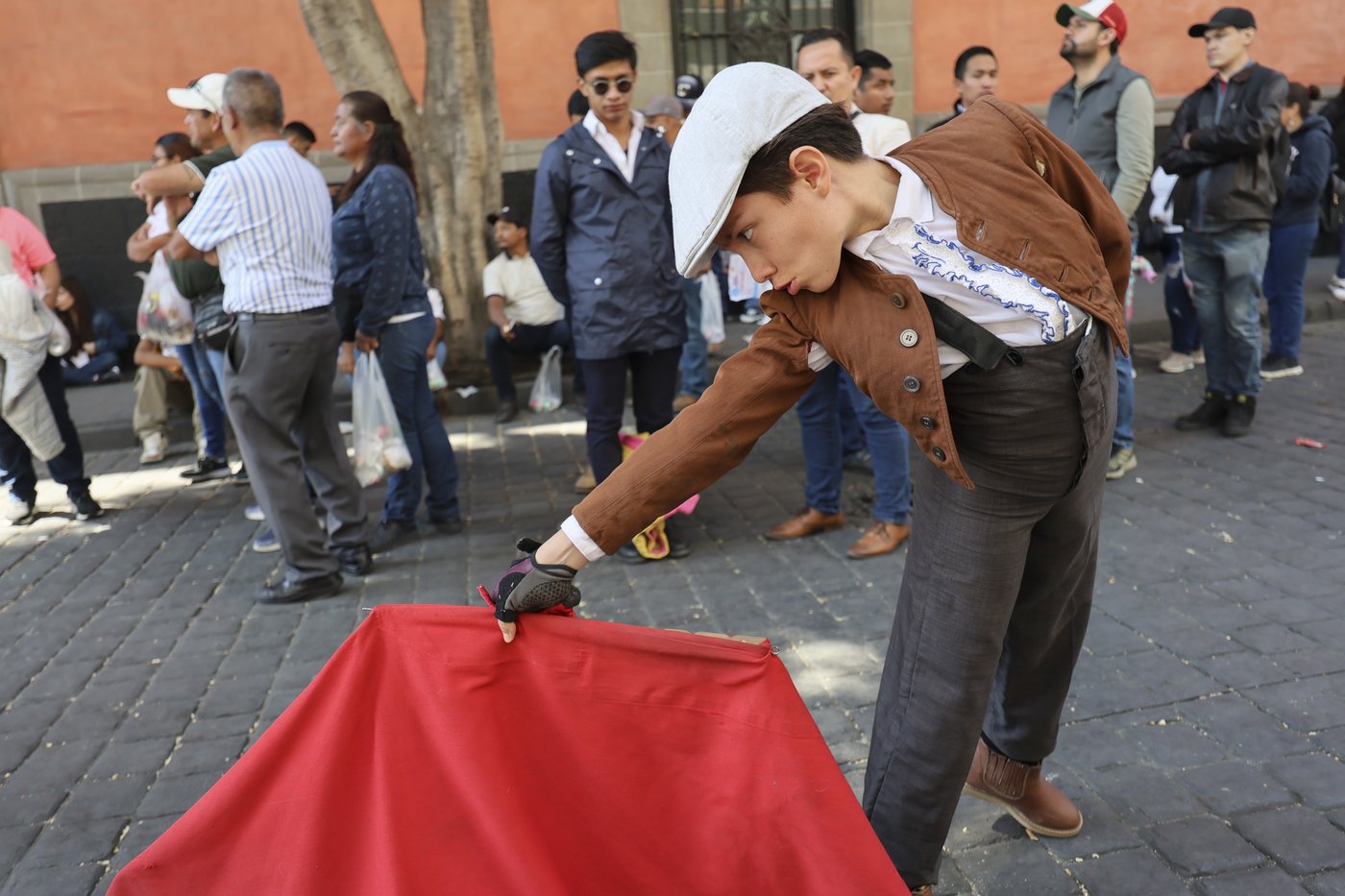
Mexico City bans violent bullfighting, sparking fury and celebration
MEXICO CITY (AP) — Mexico City lawmakers on Tuesday voted overwhelmingly to ban violent bullfighting, triggering outrage from aficionados and celebration from animal rights advocates.
The legislation, approved by a 61-1 vote, prohibits the killing of bulls and the use of sharp objects that could injure the animals. It also sets time limits on how long bulls could be in the ring, all part of an initiative dubbed “bullfighting without violence.”
The decision sparked angry protests from bullfighting supporters and matadors, some of whom tried to breach a police barricade at the local Congress. Some carried signs that read “Being a fan of la fiesta brava (bullfighting) is not a crime, it’s a point of pride.”
Meanwhile, Animal rights protesters and lawmakers pushing the bill celebrated, walking out onto the steps of Congress surrounded by police in riot gear, pumping their fists and carrying stuffed bull dolls.
“It was either this or nothing,” said Sofía Morín, an animal rights activist with the organization Culture Without Torture, Mexico Without Bullfighting, leading the initiative to change the laws. “We prefer this because, without a doubt, it’s a huge step in protecting animals.”

Mexico City Mayor Clara Brugada of the ruling Morena party echoed activists saying the decision would turn the Mexican capital into a place “that respects the rights of animals.
Tuesday’s vote appeared to be an attempt to broker a compromise between two warring sides of the debate after years of back-and-forth about the practice.
Bullfighting has long been considered a tradition and a pastime in Latin American nations, but has come under criticism for animal cruelty because bulls are often killed at the end of the fight. Animal rights groups say that approximately 180,000 bulls are killed every year in bullfighting worldwide.
The tradition, which has long drawn big crowds to arenas across Mexico, was dealt a blow when a judge in Mexico City banned the practice in June 2022, shutting down an arena that has been billed as the world’s largest bullfighting ring. The judge ruled that bullfights violated city residents’ rights to a healthy environment free from violence.
While animal rights advocates celebrated it as a victory, and a step toward ending the bloody tradition, bullfighters said it dealt an economic blow to the city. The National Association of Breeders of Fighting Bulls in Mexico says bullfighting generates 80,000 direct jobs, and 146,000 indirect jobs across the country. Overall, the industry generates approximately $400 million a year.

That was the concern for many in the crowd protesting the end of the violent fights, while others like Juan Pablo Pimienta screamed through a megaphone “it’s an activity where the fighting bull dies in a bullring. That’s its nature. … It is a beast.”
In 2023, Mexico’s Supreme Court overturned the ban without explanation, allowing bullfighting arenas to be flooded once again with fans of the so-called “fiesta brava.”
On Tuesday, in a speech before the city’s congress, Green Party lawmaker Jesús Sesma acknowledged that the decision would anger a segment of the city’s population.
“To those families who feel frustrated today, we’re here to say that no one lost their job,” he said. “There was a middle ground to continue with these bullfighting spectacles, but now without violence.”
____

Follow AP’s coverage of Latin America and the Caribbean at https://apnews.com/hub/latin-america




Join the Conversation!
Want to share your thoughts, add context, or connect with others in your community? Create a free account to comment on stories, ask questions, and join meaningful discussions on our new site.








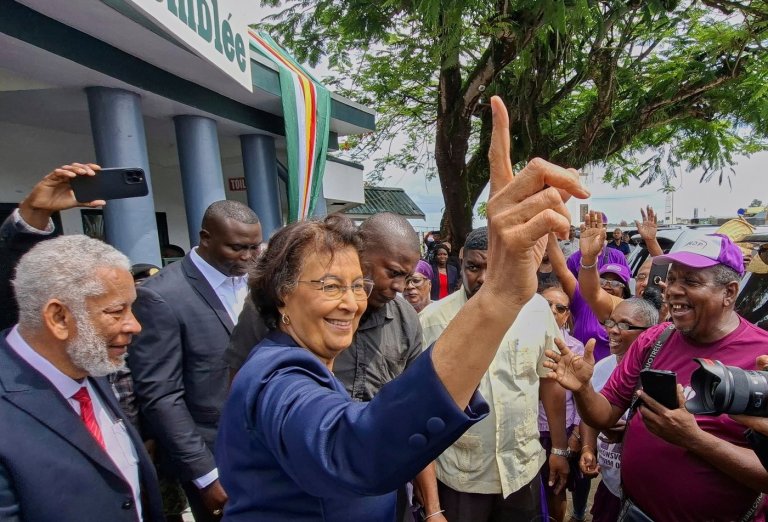
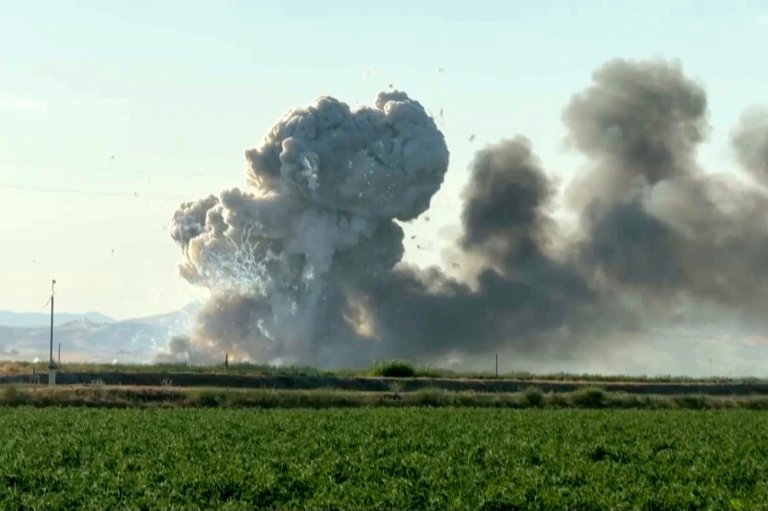
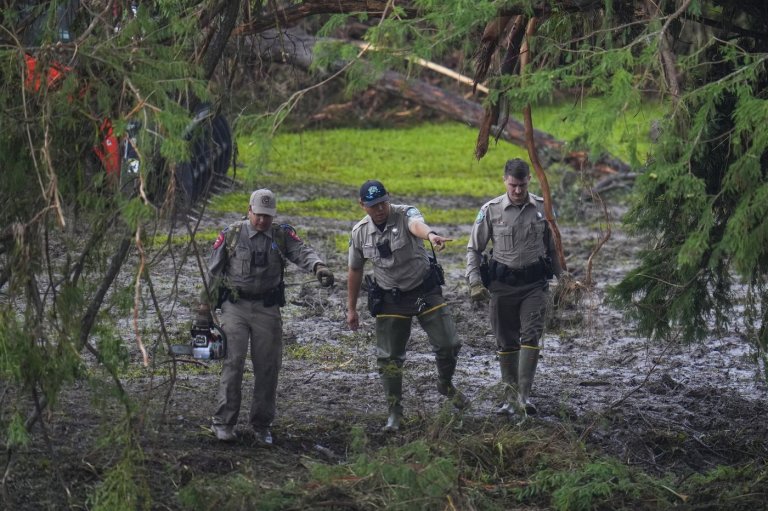

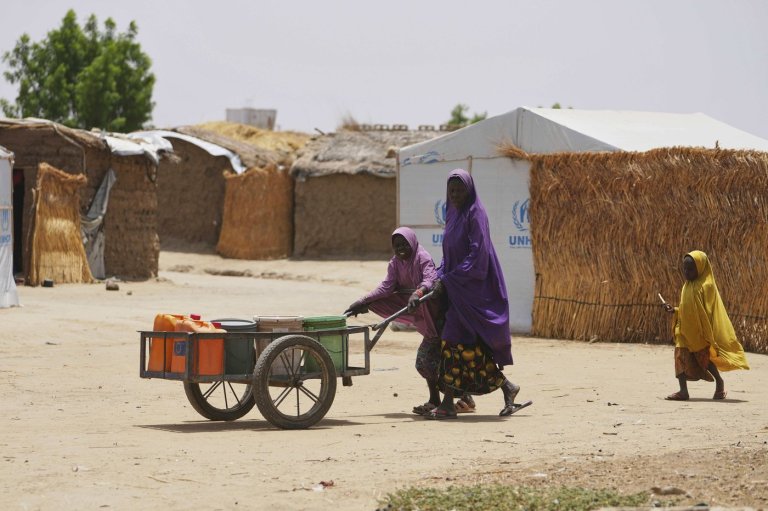
Leave a Reply
You must be logged in to post a comment.